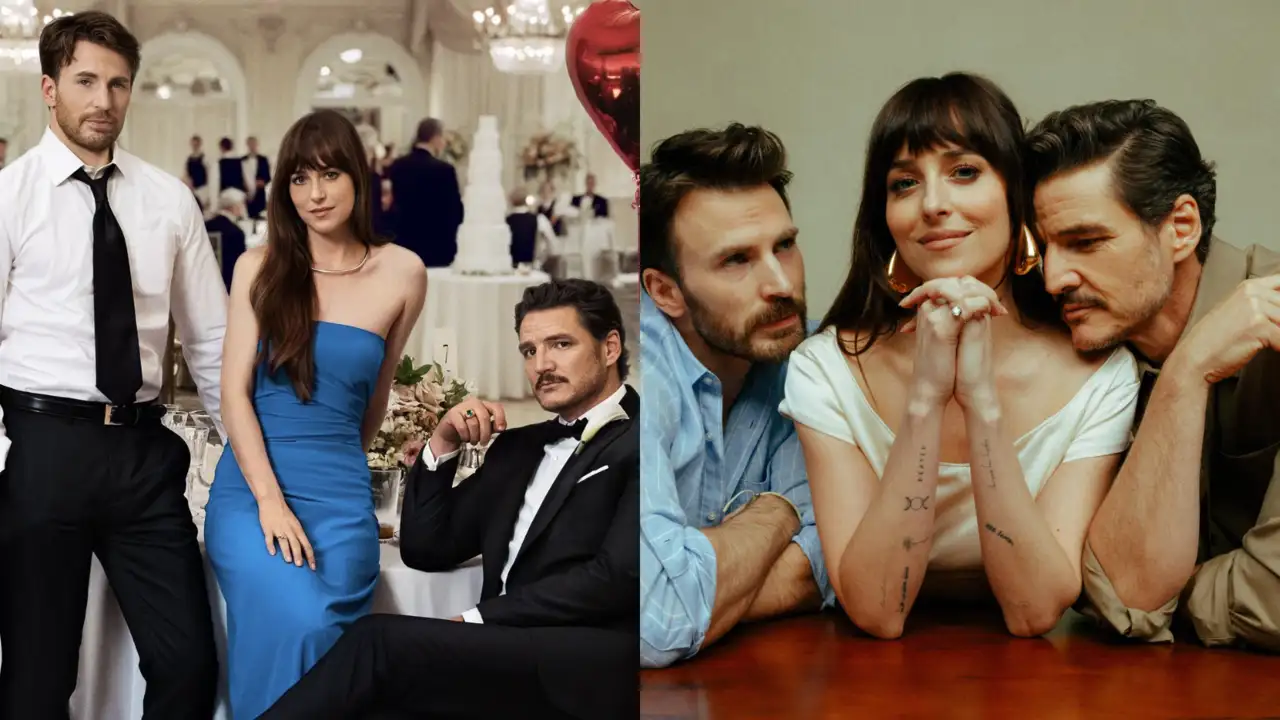By Mudit Bhatnagar
Copyright timesnownews

In an ideal world, all of us would want both love and money. But life, as depicted by Celine Song in Materialists, is not always ideal, and you do not always get your wish. For Dakota Johnson’s Lucy, a hotshot matchmaker in New York, the plan was clear – either ‘die alone’ or ‘get a rich husband’. But that wasn’t her plan from the beginning. Lucy dated John (Chris Evans) for five years before their relationship ended on a bitter note because she couldn’t just fight with him, a struggling actor, over money again and again. And she hated herself for hating him for being poor. Thus, she came up with a new plan. At the wedding of her ninth client, Lucy meets the groom’s brother, Harry (Pedro Pascal), who she herself describes as a ‘unicorn’ in the matchmaking world. Coincidentally, she also bumps into John at the venue, who is still a struggling actor working the wedding for extra cash. There, she hangs out with both, unaware that her fate will tie with the two of them. Maybe it wasn’t a coincidence after all. ALSO READ – Materialists Director REACTS To ‘Broke Man Propaganda’ Allegations: It’s Really Upsetting… John, a hedge fund manager, is too humble for the wealth he possesses. He is attracted to Lucy for her understanding of the world and not for her looks or other tangible assets. Lucy, on the other hand, finds it hard to believe that a guy who is a ‘ten out of ten in every category’ wants to be with her, ‘a girl who just works.’ The math did not add up for Lucy, who is of the belief that ‘marriage is a business deal, and it always has been.’ After John convinces her that she is valuable, the two start dating. Lucy is constantly amazed at his ultra-rich lifestyle, and the materialist inside her almost senses her new plan coming to life. Until she is hit by a truck! Well, not literally. She gets to learn that a female client, whom she was desperate to strike out, was assaulted on the date she had set up. For Lucy, who took immense pride in her work and derived her confidence from it, the world comes crashing down. In her vulnerable moments, she circles back to John. With him, she is able to open her heart up and talk about the low phases of her life, which for some reason, she couldn’t with Harry. As Lucy and Harry spend more time together, it finally dawns upon her that she is not in love with Harry. Neither is he with her. At the end, she realises that love indeed comes before money for her and that she isn’t a total materialist after all. What works for the film is that at no point it gets preachy. It does not impose any choice or has a unidirectional plot. Instead, it shows the perks and pitfalls of both love and money, comfort and luxury. Celine also brings in certain maturity in the manner that the three characters behave. There is no unnecessary drama, shouting or crying. Lucy, John, and Harry converse like adults, articulating their thoughts and feelings in a subtle yet firm manner. The movie demands attention for its realistic treatment of a relevant dilemma. Yes, Lucy makes her own choice in the end but her change of heart is organic. To root for her or not is an individual choice, one that will make you realise what you are more inclined towards.



